GAME PRODUCTION
MONDAYS & WEDNESDAYS
6 PM PT / 9 PM ET
10 DEC 2025 - 23 FEB 2026
DURATION:
9 WEEKS
MONDAYS & WEDNESDAYS
6 PM PT / 9 PM ET
You’re the MVP now. Learn to confidently lead game development from concept to post-release.
Meet your guide, Bryan Pardilla — a pro producer behind The Last of Us I & II, Uncharted 4, and Ratchet & Clank. He’ll be your map through the full game lifecycle, packed with strategies, tips, and hard-won lessons from the AAA frontlines.
THIS COURSE IS FOR YOU, IF...
-
YOU ARE AN ASSOCIATE OR ASSISTANT PRODUCER
You’ve got your starter gear, but you’re stuck on side quests while others steer the mission. This game production course helps you see the whole picture. Learn how to build milestone schedules, manage budgets, and take command of the full game dev cycle — and leave with the confidence to lead.
-
YOU ARE A VIDEO GAME TESTER
You know what breaks a game — now it’s time to learn how to prevent it. You’ll take your detail-focused mindset and transform it into a high-level production strategy. Build risk registers, streamline pipelines, create systems that keep the game - and the team - running smoothly.
-
YOU ARE A GAME DEV OR DESIGN PRO
You’ve built the world. Now it’s time to manage the journey. Switching from creative to producer means trading pixels for people, and deadlines for delivery. This course helps you cross that bridge with confidence — giving you the communication skills, team empathy, and project oversight to lead with both heart and structure.
-
YOU ARE A TECH PRODUCT PM
You’ve got the fundamentals — now you need to adapt to this new realm. This course shows you how to take your experience with Agile, WBS, and tooling and tailor it to the needs of modern game studios. You already know how to ship. Now you’ll learn how to play the game.
Our students work in 1600+ companies worldwide
Level up your perspective through 5 deep-dive case studies (Cyberpunk 2077, Halo Infinite, The Last of Us Part II, and more), and guest talks from 3 industry insiders. You’ll gain the kind of insight you only get from people who’ve fought production fires and lived to tell the tale.
- Producer, ex-Sony Interactive Entertainment
- Produced and published AAA console and PC titles for 14+ years.
- Worked on titles like The Last of Us (Part I & II), Uncharted 4, Ratchet & Clank: All 4 One, Sly Cooper: Thieves in Time, Uncharted Golden Abyss, & more.
- Has 500+ combined Game of the Year awards across shipped titles with 61M+ units sold.

Get the lay of the land, meet your instructor, and find out how “fun” became a game production principle, not just a feeling. Let’s kick off with what’s ahead and why it matters.
- Instructor intro
- Course structure
- Assignments & final project overview
- Defining “Finding the fun”
This class is about what game producers actually do: from juggling dev cycles to decoding team dynamics. Learn who’s who in production, what makes a great producer, and how games get built from wild ideas to final releases.
- Role overview & types of producers: AAA, indie, publishing, etc.
- Key responsibilities & skills
- Game tech stack overview
- Game development life cycle overview
- Group Activity: Brainstorming session
Assignment #1: Game Concept Exploration (Prep Activity)
Get familiar with your game’s world. You’ll review a simplified Game Design Document (GDD) and start thinking like a producer, exploring its core elements and optionally adding your own twist. No submission required; just warm-up for what’s coming next.
How do producers turn wild ideas into pitch-ready plans? Learn how to scope smart, visualize fast, and build a game concept that stands up in the real world: with risks, platforms, and future tech all accounted for.
- Clear game scope statement: Goals, features, platforms
- Mood boards & storyboards for concept development
- Requirements, deliverables, stakeholders
- Emerging tech: Haptics, AI, handhelds, VR
- Effective pitch decks
Assignment #2: Project Initiation & Scope Brief
Define the vision. You’ll translate the game concept into your own words, shape the scope, highlight its unique selling points, map early stakeholders, and outline the big-picture goals to set a strong foundation for production.
Get the full tour of the game dev cycle from first pitch to post-launch polish. You’ll learn what to do with new ideas, how to track progress like a producer, make feedback loops work for you, and keep your GDD from turning into alphabet soup.
- Game development stages: Concept to post-production
- Documentation, Game Design Document (GDD), Game Design Macro
- Specs review & data feedback loops
- Prototyping: Goals, formats, feedback
- Demo #1: Producer checklists after major milestones
Assignment #3: Lifecycle Documentation & GDD Snapshot
Map out the game’s development journey. You’ll outline key production phases and submit a short GDD snapshot, capturing early design goals, initial prototyping, and documentation plans for the road ahead.
Get your head around how games get made and where producers come in. You’ll map out real team workflows (design, art, engineering, QA), track data flow from DCC tools to the game engine, spot bottlenecks, and design a version control pipeline that keeps everyone in sync.
- Game development team roles & workflows
- Managing pipelines & data flow
- Pipeline setups for different team sizes
- Bottlenecks, asset reviews, management practices
- Workflow visualization
- Demo #2: Designing a version control + review pipeline for a workflow
Learn how to turn game ideas into realistic production plans with budgets, timelines, and task breakdowns that work. From bottom-up cost mapping to building a full WBS, you’ll get hands-on with the planning tools studios use to keep projects on track and on budget. Plus, gain insider insights on current industry budget challenges.
- Game development roles
- Cost mapping & bottom-up budgeting: Person-month calculations, etc.
- Roadmapping & prioritization methods
- Work breakdown structure (WBS)
- Budget pressures & market slowdown insights from Matthew Ball
- Demo #3: Creating a WBS & timelines for a hypothetical game
Assignment #4: Work Breakdown Structure & Budget
Break it down and price it out. Using design notes, you’ll create a detailed Work Breakdown Structure, build a $15M budget with person-month estimates, and track how to handle burn rate risks — just like in a real studio.
Learn how to break down big game ideas into bite-sized milestones, build smart schedules, and keep production on track without losing your mind or your budget. Featuring real-world lessons from Cyberpunk and Nintendo.
- Importance of milestones in game production
- Resource allocation chart
- Determining dependencies & creating the schedule
- Tracking progress & managing deliverables
- Addressing the production bottlenecks
- Case Study #1: CD Project Red's Cyberpunk 2077 vs. Nintendo franchise management practices
Learn how to spot risks before they blow up your timeline and how to keep your stakeholders from doing the same. You’ll dive into real-world risk analysis, build backup plans, and sharpen your communication game to handle conflicts before they escalate.
- Risk management, identification, analysis & prioritization
- Contingency planning & developing risk mitigation strategies
- Qualitative & quantitative risk analysis
- Stakeholder management & conflict resolution
- Creating a communication plan: Managing expectations, tracking feedback
- Case study #2: Halo Infinite by 343 Industries
Assignment #5: Milestones, Risks, & Communication Plan
Plan the full timeline. You’ll schedule major production phases, build a risk register, and design a communication plan that keeps stakeholders aligned, all while navigating dependencies and avoiding nasty surprises.
Learn to spot the sneaky stuff that quietly wrecks production timelines: from ratings hurdles to licensing traps and hidden tech debt. This session breaks down the silent scope-creepers that can blow your budget and delay your launch.
- Ratings & compliance
- Localization & culturalization
- IP & licensing
- Toolchain & tech debts
- Middleware & fonts
- Identifying & controlling scope creep
When projects go off the rails, this class teaches you how to steer them back without losing your cool or losing your team. Learn to spot trouble early, plan smart recoveries, and lead through chaos like a pro. No blame games, only clear-headed solutions.
- Recognizing trouble early
- Staying calm under pressure
- Diagnosing the problem
- Building a recovery plan
- Communication, alignment, team support
- Workshop: Crisis simulation: “Your Project Just Blew Up”
Assignment #6: Change Request Response
A new character has entered the chat. Midway through development, you’ll decide whether to add a major new feature, weighing its impact on scope, resources, and morale. Your response includes a decision rationale, updated schedule, and a team-wide comms plan.
Get a behind-the-scenes look at how QA keeps games from falling apart. Learn how bugs are tracked, fixed, and fought over — and why your best ally might just be the Lead QA tester.
- QA roles, methodologies, & producer responsibilities
- Partnering with a Lead QA tester
- Essentials: Test plan, testing schedule, common language, bug triage, negotiation
- The testing pipeline & technical requirements checklist or standards
- Case Study #3: The Last of Us Part II
- Demo #4: Using a burn down chart
Get strategic about getting seen and paid. In this class, you’ll learn how to research your market, monetize smartly, and build hype with influencers and streamers, while keeping your community hooked for the long haul.
- Market research & target audience
- Monetization models & revenue generation strategies
- Free-2-Play Liveops model, feedback loop, content pipeline
- Co-development opportunities & unique selling proposition
- Influencers, streamers, social media
- Building & sustaining community engagement
Assignment #7: QA, Monetization & Launch Planning
Create a QA plan, outline your monetization strategy, and figure out how to handle a bonus motion comic, with options for outsourcing or internal production, without throwing off your core timeline.
Examine the final stages of game production, focusing on effective release planning, platform certification, and coordination across teams. Learn how to launch a game without dropping the ball: from final checklists to post-release updates, patches, and post-mortems that will help your next project.
- Release planning, coordination, platform certification
- Post-release maintenance & updates
- Closing kit (project archive)
- Post-mortem & lessons learned
- Case Study #4: Raptor Boyfriend vs. Deus Ex
Get clear on Agile, Scrum, and Lean — what they mean, how they work in real studios, and why producers don’t have the same job in each. Then dive into Naughty Dog’s playbook to see what works and what doesn’t when theory hits reality.
- Agile, Scrum, and Lean in modern studios & producer’s role
- Pros & cons of each approach
- Case Study #5: Analysing Naughty Dog’s Methodology
Get hands-on with the essential project management tools every game producer needs: from Slack and Discord to Jira’s Epics and Sprints. Learn to track progress with burn-down charts and build workflows that keep teams synced and projects on track. Plus, pick up pro insights from our guest speaker to level up your game.
- Standard project management practices in games
- Slack, Discord, Jira
- Linking documentation & media
- Burn-down charts: Real-time project tracking
- Guest Speaker: Steven Johnson
- Demo #5: Creating a PM workflow board for a hypothetical game in Jira
Understand what makes game teams click — and keep clicking. This class dives into the human side of production, showing you how to boost morale, build psychological safety, and create a culture where creativity and resilience thrive. Walk away with practical tools to support your team’s well-being and keep projects moving smoothly.
- Embodying company values, vision, team culture
- Foundations of high-performing game teams
- Psychological safety & positive culture
- Essential soft skills & communication mastery
- Enablers of growth
- Sustainable production & team well-being
Assignment #8: Marketing & Team Culture Strategy
Sell the game. Support the team. You’ll design a marketing roadmap to engage players and draft a culture plan to keep morale high during crunch.
Get ready to go solo or run a small team with confidence. Learn how to define your game’s vision, build a sustainable biz model, and navigate funding like crowdfunding. We’ll cover everything from wearing all the hats (production, marketing, admin) to the legal and publishing must-knows, plus real-world tips from indie game pro Blake McClaren.
- Defining your vision and scope
- Planning for sustainability: Business model, monetization & scaling
- Funding options, legal must-knows, distribution essentials
- Engine, asset creation tools, asset repositories, coding habits
- Wearing multiple hats: Production, marketing, admin
- Guest Speaker: Blake McClaren
Let’s develop the skills and strategies needed to network in the game industry. Learn how to pitch yourself and your project, find the right people to build with, and make sure they want to work with you again. Portfolio to pitch to follow-up, it’s all about building relationships that last.
- Finding collaborators: Artists, programmers, audio designers
- Collaboration best practices
- Where to network
- Online portfolios & presence
- Elevator pitches for games & projects
- Maintaining relationships & building a reputation
Assignment #9: Final Production Dossier
In this capstone assignment, you’ll compile all prior work into a cohesive production dossier. Summarize key production pivots, reflect on what you’ve learned, and record a 5-10 minute walkthrough simulating a real studio pitch.
Get real about getting hired. This session breaks down how to land your first (or next) role in game production — exploring key entry points, career paths, crafting a killer portfolio, and acing producer tests and interviews. Plus, hear directly from a studio insider on what makes a producer stand out.
- Career pathways & entry points into game production
- Building a standout producer portfolio
- Preparing for interviews & producer tests
- Certifications & production tools
- Staying current with industry trends
- Guest Speaker: Sam Thompson
What our students say

"I really enjoy the format of the course. Lectures with real life examples and an ongoing case study. Also built in 20 minutes at the end of each class for questions is helpful."

"Overall I'm impressed with the level of detail and explanation around particular topics and subjects. There's a real depth to each module which for learning allows the information to stay in your brain."

"The group activities, they allow us to interact and exchange ideas, plus the way it is structured is challenging and mind twisting as we collaborate in different parts of the ideation."

"I enjoyed the structure of the class. I like how we learned about a topic and practiced it in the workshops. It’s helped me to apply what I learned!"














